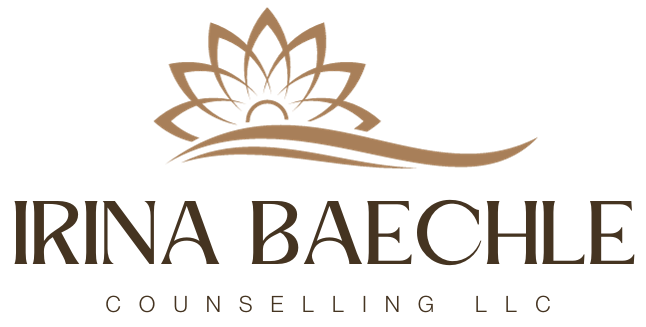What to expect when you go to counseling for your relationship or marriage by yourself
What to Expect when You Go to Counseling for Your Relationship or Marriage by Yourself?
When your marriage is in trouble, one of the best solutions you may want to consider is marriage counseling. Ongoing issues with your partner generate relationship anxiety, so you decide to seek counseling and get your marriage back on track.
However, your husband refuses to work on marriage.
You are anxious and wonder what you can expect when you go to Wake Forest counseling for your marriage by yourself.
You will start by talking аbout your relationship, but Wake Forest counseling will end up focusing on you.
When you go to counseling for your relationship or marriage by yourself, you will naturally want to focus on problems in your relationship, as this is your primary reason to seek counseling. However, throughout our sessions, you will notice that the focus is moving from your relationship issues to you and your personal struggles. Which is great, because working on yourself is the first step in the process of recovering your relationship or marriage.
This is especially valuable if you have (and who doesn’t?!) “baggage” that you have brought into your marriage. We all have past experiences that may affect our emotions, behavior, and our relationships.
For example, if you are coming from an unhealthy family in which you internalized a distorted perception of yourself, you may be struggling with poor communication skills, low self-esteem, anxiety, and depression, all of which can affect your behavior and the dynamics of your relationship.
Also, unhealthy attachment styles formed in childhood may cause you to constantly feel guilty and turn into a people-pleaser, or to act demanding and controlling your adult relationship.
Therefore, discussing your personal issues is not only important for your personal healing and growth, but for the recovery of your relationship.
You will probably laugh and cry and have a “vulnerability hangover” after the psychotherapy for anxiety session
Counseling is for most people a place where their journey of self-acceptance begins. However, the process of self-exploration is full of surprises and challenges. We will most likely work through your emotions and previous experiences all the way back to your childhood.
This process of self-discovery may bring up some hurtful memories or traumatic experiences from your past, so it is completely normal to feel overwhelmed. Psychotherapy often involves intense emotions, and you may find yourself crying or feeling upset during our sessions. You may also have angry outbursts and feel physically and mentally exhausted after a session.
You may even dread coming to our sessions because you know we’ll explore vulnerable spots and deep emotions that you have been suppressing for too long.
All of this is normal. I will be there to help you manage your intense emotions and reactions to them. If you are hesitant to talk about certain issues because they are too painful, upsetting, or embarrassing, you will let me know.
However, vulnerability is welcomed in our relationship because it allows us to work through your issues and delve on the causes of your present problems.
During marriage counseling without spouse, you will learn how to slow down, connect to yourself, and attune to your feelings
We will work to address your personal growth and increase self-awareness. During our sessions, we will also work on setting boundaries. Your will practice how to give yourself permission not to feel guilty when your partner is unhappy and not to take responsibility for your partner’s needs and emotions.
Also, during our sessions, you will learn to make your self-care priority, slow down, and connect to yourself. You will learn to recognize your own needs and attune to your feelings without feeling guilty about that.
Psychotherapy should also strengthen your self-compassion and help you forgive yourself and other people. Forgiveness is one of the best tracks to happiness and the ability to forgive yourself and others can help you let go of resentment, hurt, and anger. In other words, self-forgiveness and forgiveness helps make peace with yourself and others and promotes personal growth.
Learning to attune to your feelings and to be self-compassionate will help you treat yourself with acceptance and understanding, reduce stress and anxiety, and self-destructing ruminations.
Self-compassion will help you become more aware of your emotions – you will better understand what you feel, why you feel that way, and how you can manage and control your emotions. Also, you will become more sensitive to other people’s emotions, which should improve your relationship(s).
Psychotherapy inspires personal growth and leads to better self-knowledge. In turn, better self-understanding boosts self-appreciation and helps improve your relationship.
Finally, our sessions can help you identify and address stresses in your relationship. You will learn how to be open about stress in your relationship and allow yourself to be vulnerable and openly discuss your needs, worries, and doubts in relationship. This can help understand what causes stress and find the best strategies to manage it.
Summary
When your marriage is in trouble, you may be alone in your decision to seek counseling in Raleigh, NC. When your husband refuses to work on marriage, you still can and should go.
If you have any questions, do not hesitate to call at (703)-347-3200 for your free 15-min consultation and/or to schedule it in my Wake Forest office here.

